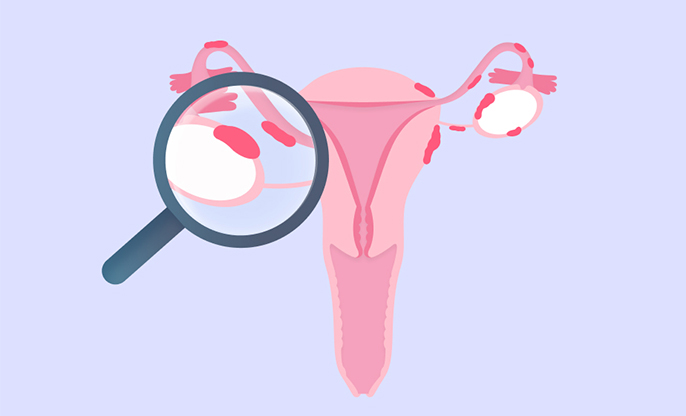
Embarking on the path to parenthood is a journey filled with numerous considerations, from lifestyle choices to medical examinations. While couples often focus on factors like diet and exercise, the profound influence of sleep on fertility can sometimes be overlooked. Quality rest, it turns out, is a critical component of preconception health, and understanding this connection is paramount for those striving to conceive.
The Impact of Sleep on Fertility
·
Hormonal Harmony: During sleep, the body finely tunes hormone
production, affecting everything from the menstrual cycle in women to sperm
quality in men. Disrupted sleep patterns can lead to hormonal imbalances, which
can thwart the delicate process of conception.
·
Menstrual Regularity: Irregular sleep patterns can disrupt
the menstrual cycle, rendering it challenging to predict the optimal time for
ovulation. Consistency in sleep routines plays a significant role in
maintaining regularity.
· Stress Management: Sleep deprivation elevates stress levels, potentially sabotaging fertility. Chronic stress can upset the intricate hormonal balance necessary for successful conception.
Research Sheds Light
Recent studies have further emphasized the crucial link between sleep and fertility. A study published in the Journal of Clinical Endocrinology & Metabolism revealed that women with irregular sleep patterns and inadequate sleep had a higher likelihood of experiencing infertility. The research underscored the importance of prioritizing sleep as a fundamental aspect of preconception health.
Prioritizing Sleep for Fertility
·
Consistent Sleep Schedule: Maintaining a regular sleep
schedule, even on weekends, helps regulate circadian rhythms and enhances sleep
quality. Consistency is key.
·
Bedtime Rituals: Engage in calming activities before bedtime,
such as reading, gentle stretching, or meditation. Creating a relaxing bedtime
routine signals to your body that it's time to wind down.
·
Optimal Sleep Environment: Ensure your bedroom provides the
ideal conditions for restful sleep. A comfortable mattress, a dark and cool
room, and minimal noise contribute to a better night's sleep.
·
Screen Time Awareness: The blue light emitted by electronic
devices can disrupt sleep patterns. Limit screen time at least an hour before
bedtime for improved sleep quality.
· Mindful Consumption: Limiting caffeine and alcohol in the hours leading up to bedtime can have a positive impact on sleep quality.
Consulting a Professional
If sleep disturbances persist despite efforts to improve sleep hygiene, seeking guidance from a healthcare professional or sleep specialist is advisable. Conditions such as insomnia, or restless leg syndrome can significantly affect sleep quality and should be addressed.
Conclusion
The profound connection between sleep and fertility cannot be overstated. Prioritizing quality rest is not merely a luxury but an integral part of preconception health. As you embark on the remarkable journey to parenthood, let’s not underestimate the transformative power of a good night's sleep. By incorporating healthy sleep habits into daily lives, you are not only enhancing your overall well-being but also increasing your chances of achieving the miracle of conception. Every path to parenthood is unique, and optimizing health, including sleep, is a pivotal step on this extraordinary voyage.















































